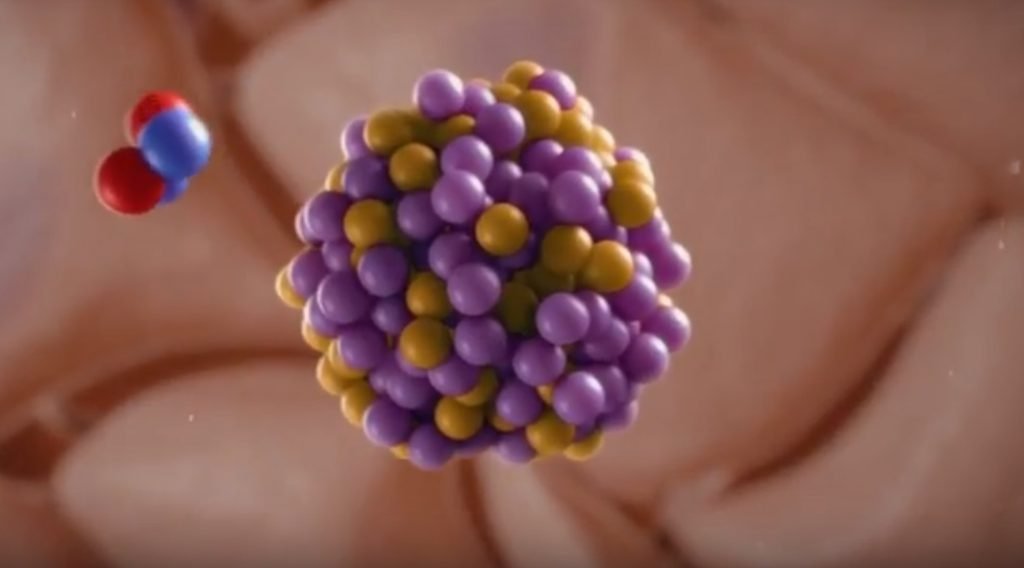Alpha Tau Medical, an Israeli medical technology company that developed a breakthrough alpha radiation cancer therapy, announced in a statement on Wednesday that it has secured $29 million in private financing. The funding round was led by Shavit Capital, an Israeli private equity firm that specializes in funding late-stage investments, with participation from leading global equity crowdfunding platform OurCrowd, and Medison Ventures, the venture capital arm of Medison Pharma. Additional private investors included Sir Ronald Cohen and Alan Patricof, the founders of Apax Partners.
Alpha Tau Medical was founded in 2016 to focus on R&D and commercialization of its breakthrough cancer treatment, Alpha DaRT (Dіffusіng Alpha-emіtters Radіatіon Therapy). The technology delivers high-precision alpha radiation that is released when radioactive substances decay inside the tumor. According to the company, the alpha particles effectively kill the cancer cells while sparing the surrounding healthy tissue, and preliminary clinical results showed that Alpha DaRT was effective for treating squamous cell carcinoma tumors, with all patients’ tumor sizes reducing. In the trial, more than 70 percent of patients’ tumors completely disappeared in a matter of days after the treatment, Alpha Tau Medical said.
The company is engaged in a number of clinical trials worldwide to determine whether the treatment would be effective for different cancers including pancreatic cancer, breast cancer, and prostate cancer.
The new round of funding, said Uzi Sofer, Alpha Tau’s CEO “will be invaluable to explore the full potential of the Alpha DaRT as a cancer treatment for clinical trials worldwide, as well as establish global production facilities for the radioactive DaRT seeds to meet local distribution demand.”
Gary Leibler, founder and managing partner of Shavit Capital, said, “We are confident that Alpha Tau’s ground-breaking technology can be a game changer in the treatment of cancer,” and that the company is “positioned to become a world leader in the development of next-generation radiation oncology therapies.”
Related posts

Israeli AI Safety Tool Among TIME’S Best Inventions For 2024

TAU Team Discovers Mechanism To Eliminate Cancerous Tumors

Ashdod Port Investing In Startups As Part Of Innovation Strategy




Facebook comments